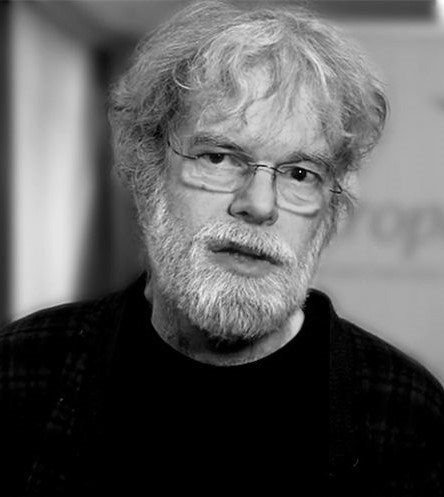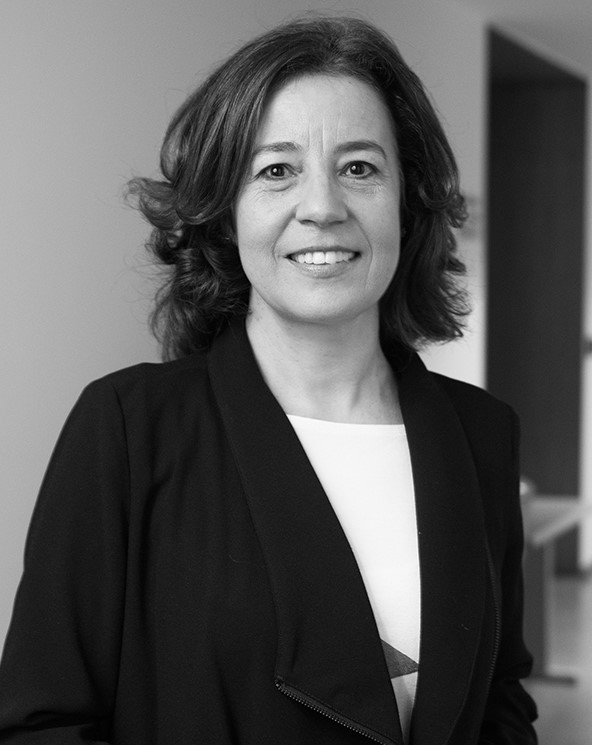
Reasons, Citizens and Institutions. International Conference on Argumentation and Public Policy (APPLY 2020)
4-6 March 2020, University of Wrocław, Poland
Confirmed Keynote Speakers | About the conference | Submissions and Deadlines | Fees and Funding |
Venue and Practical Information | Organizers | Programme Committee | Registration
Programme available HERE
Book of Abstracts available HERE
Practical info available HERE
Confirmed Keynote Speakers

Department of Philosophy and History
Royal Institute of Technology, Stockholm, Sweden
Argumentative Decision Theory
Decision theory as we know it is mainly calculative, i.e. it proceeds by calculating the values of decision options in order to make it possible for decision-makers to choose an option with the highest value. I will argue that we need to develop an argumentative decision theory that systematically develops and evaluates arguments for and against decision procedures and decision options, with the purpose of supporting deliberations that prepare for decision making. The limitations of calculative decision-making that justify an argumentative approach will be presented, and examples will be given of how argumentation analysis can support decisions.

Anabela Carvalho
Department of Communication Sciences
University of Minho, Braga, Portugal
Critical Discourse Studies and the Politics of Climate Change:
Looking at Closures and Opportunities for Democratization
As the world reaches an officially declared ‘climate emergency’, critical social and human scholarship is ever more important to understand how we got here and what possible routes may exist into less unsustainable futures. What did three decades of public ‘debate’ do to climate change? How did its meanings evolve and what social and political implications did that have? What possibilities of social transformation were discursively foreclosed and what opportunities are there for reopening and democratizing the politics of climate change? I will review various contributions of critical discourse studies to these questions and propose a discussion on research agendas for the next few years.
About the conference
In line with the objectives of COST Action CA17132, The European Network for Argumentation and Public PoLicY Analysis (APPLY), this conference’s primary goal is to investigate the ways citizens, policymakers and scholarly experts understand, evaluate and contribute to policy-making processes on topics such as climate change, energy, migration, or health. Across these fundamental societal issues, the conference focuses on the unifying aspect of any public debate and policy: the pro and con reasons that are invariably articulated in public argumentation.
While argumentation has consistently been considered crucial for policy making—as a quality-control tool that captures both the rationality and legitimacy of public decisions (e.g., Dryzek & Pickering, 2019; Hansson & Hirsch Hadorn, 2016)—it is clear that much public argumentation is at odds with the ideal forms of rationality defined in deliberative, dialectical, or decision-theoretic models. Moreover, citizens, institutions and experts often misunderstand or disagree with each other as to which epistemic or practical arguments are sound, cogent or persuasive enough to guide our choices. The ambition of the conference is to address these problems on theoretical, empirical, and practical levels: to examine how to conceptualize such disagreements, how to identify them, and how to respond to them. The conference’s working hypothesis to be investigated is that public uses of language are key to these gaps and disagreements.
Accordingly, the conference invites researchers in philosophy, linguistics, legal and political theory, communication, psychology, computer science, as well as policy professionals and other stakeholders instrumental in public policymaking, to explore the complex relations between reasons, citizens and institutions in the context of public policymaking. Some of the following descriptive, normative and prescriptive questions are to be addressed (a non-exhaustive list!):
- What kinds of arguments are used on public issues: where, when, by whom?
- What are their main descriptive features?
- Are there systematic differences between the arguments of politicians, bureaucrats, experts, entrepreneurs, and activists—and the arguments of “common people”?
- More generally: what are the unique characteristics of and relations between the public sphere, the policy sphere, the technical sphere and the legal sphere of argument?
- To what extent are public arguments persuasive? Who is more willing to accept them?
- To what extent are public arguments “good”: logically valid; ethically or epistemically acceptable, relevant and sufficient; dialectically sound; democratically legitimate?
- How to evaluate arguments and decision-making processes on highly disputable topics, in the face of the lack of knowledge and deep uncertainty?
- Which arguments and disagreements can be seen as directly addressing substantive issues and which as being meta-linguistic or procedural?
- What kind of procedures and protocols do we and should we follow in our public deliberations?
- What kind of reasoned intervention into legal frameworks, institutional infrastructures and technological tools can we imagine to better guide our deliberations?
Submissions and deadlines
Download the call HERE
Please submit your abstract of 200-350 words through our EasyChair platform by December 31, 2019.
Submission of abstracts: 31 December 2019
Notification of acceptance: 15 January 2020
Registration: 31 January 2020
Conference: 4-6 March 2020
Fees and funding
There is no conference fee, but registration is obligatory.
A limited number of accepted participants from the members states of the European CO-operation in Science and Technology can be fully funded (travel, accommodation) following the COST Association’s rules for reimbursement (see Section 5). When submitting your abstract, please indicate if you need such support. The decision will be based on the merits of the abstracts, but, in accordance with the COST principles, priority will be given to Early Career Investigators (PhD students and up to 8 years after defence), scholars whose primary affiliation is with institutions in the Inclusiveness Target Countries (see green countries here), and female scholars.
Venue and practical information
The conference will be taking place at the Faculty of Law, Administration and Economics of the University of Wroclaw, (Building D,ulica Uniwersytecka 7/10). The Faculty is located in the historical city centre, next to the Odra river, in a walking distance from the old town Market Square, the Cathedral Island, and other sightseeing attractions.
Accommodation
You can choose one of the following hotels offering special rates for the participants of our conference (in each case, please use the discount code APPLY2020):
– HP Plaza Wroclaw: 15% discount from regular prices
– Art Hotel: single room standard – 330 PLN (ca. 80 EUR) per night, incl. breakfast; single room superior – 360 PLN (ca. 90 EUR) per night, incl. breakfast; double room standard – 370 PLN (ca. 92 EUR) per night, incl. breakfast; double room superior – 400 PLN (ca. 100 EUR) per night, incl. breakfast;
– Tumski Hotel: single room 200 PLN (ca. 50 EUR) per night, incl. breakfast; double room 300 PLN (ca. 75 EUR) per night, incl. breakfast
Or you can select among many other offers in the city centre, available online.
For general information about Wrocław, see here.
Organizers
Department of Legal Theory and Philosophy of Law, Faculty of Law, Administration and Economics, University of Wrocław, Poland
Reasoning and Argumentation Lab (ArgLab), Nova Institute of Philosophy (IFILNOVA), Nova University of Lisbon, Portugal
Programme Committee
Kjersti Fløttum (University of Bergen, Norway)
Paweł Jabłoński (University of Wrocław, Poland)
Marcin Lewiński (Nova University of Lisbon, Portugal)
Maciej Pichlak (University of Wrocław, Poland)
Sandrine Roginsky (Université Catholique de Louvain, Belgium)

